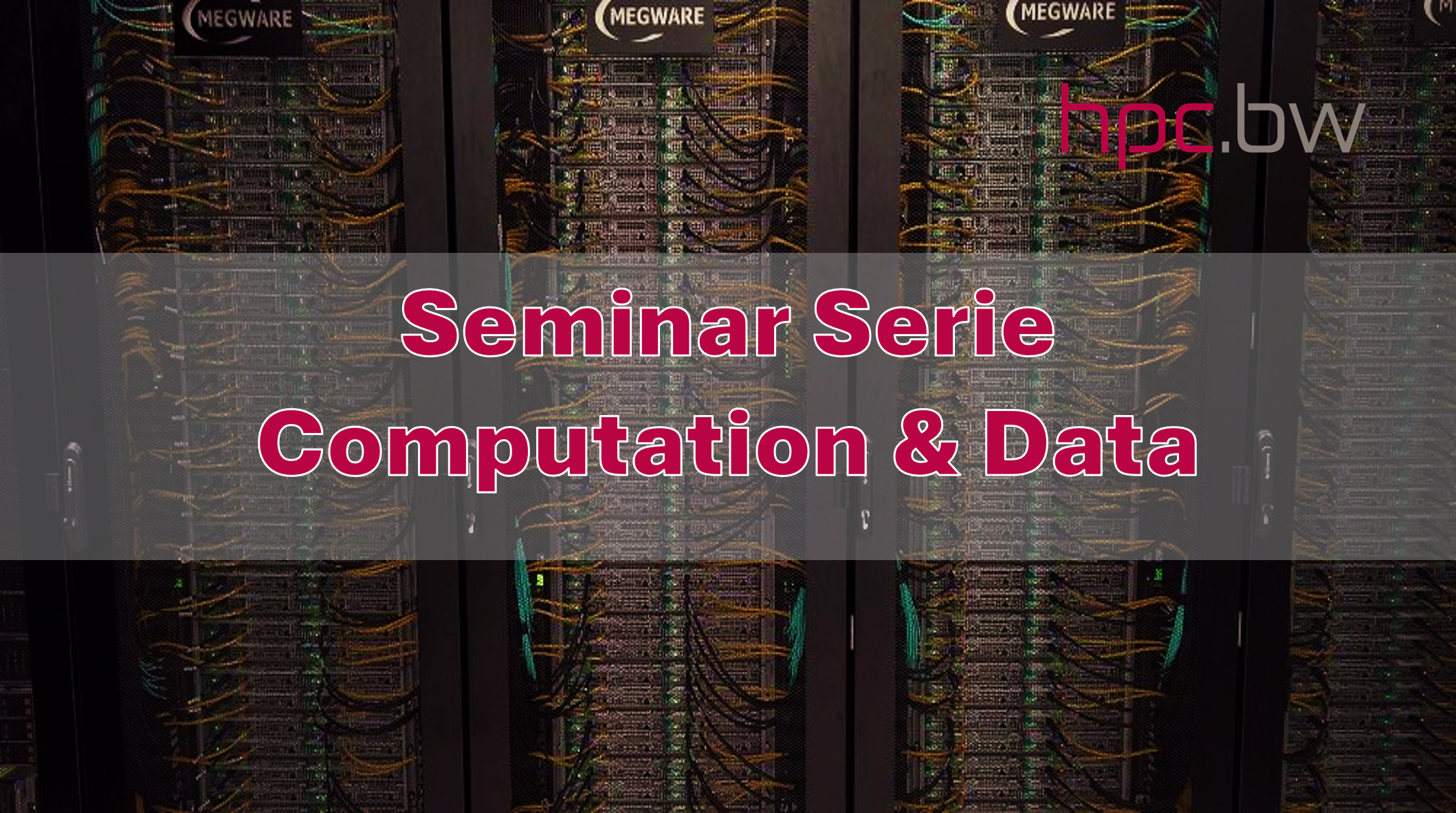


The goal of the interdisciplinary seminar series Computation & Data at HSU is to bring together researchers and foster exchange on the development of algorithms, methods and software. The seminar series is typically scheduled for the last Wednesday every month, 16:00-17:00, with 1 presentation per hybrid session (digital and at HSU). Immediately after the seminar series, the HPC Café take place.
Feel free to subscribe the seminar newsletter by sending an e-mail to info-hpc-bw@hsu-hh.de with the subject line „Subscription Seminar Computation & Data”.
Due to climate change, extreme weather events – such as strong wind gusts – are becoming increasingly significant in the design of modern civil engineering structures. Lightweight and thin-walled structures are especially vulnerable to wind-induced loads and can be severely damaged or even destroyed. Therefore, it is essential to develop and evaluate numerical simulation methods suited for such fluid-structure interaction (FSI) problems. An FSI problem typically consists of three components: the fluid domain, the structural domain, and the coupling between them. For structures exposed to outdoor conditions, the surrounding airflow is highly turbulent and must be modeled with sufficient accuracy. To address this, the large-eddy simulation (LES) technique is employed.
Furthermore, novel methods for generating wind gusts within numerical simulations were developed and rigorously tested. On the structural side, a collaboration with experts from the Technical University of Munich (TUM) enabled the use of a specialized solver for highly deformable membrane-like structures. The coupling between fluid and structure is implemented in a fully two-way manner. The approach was applied to two classical structural designs. Detailed analyses were conducted on the resulting flow phenomena, structural deformations, and the induced internal stresses.
